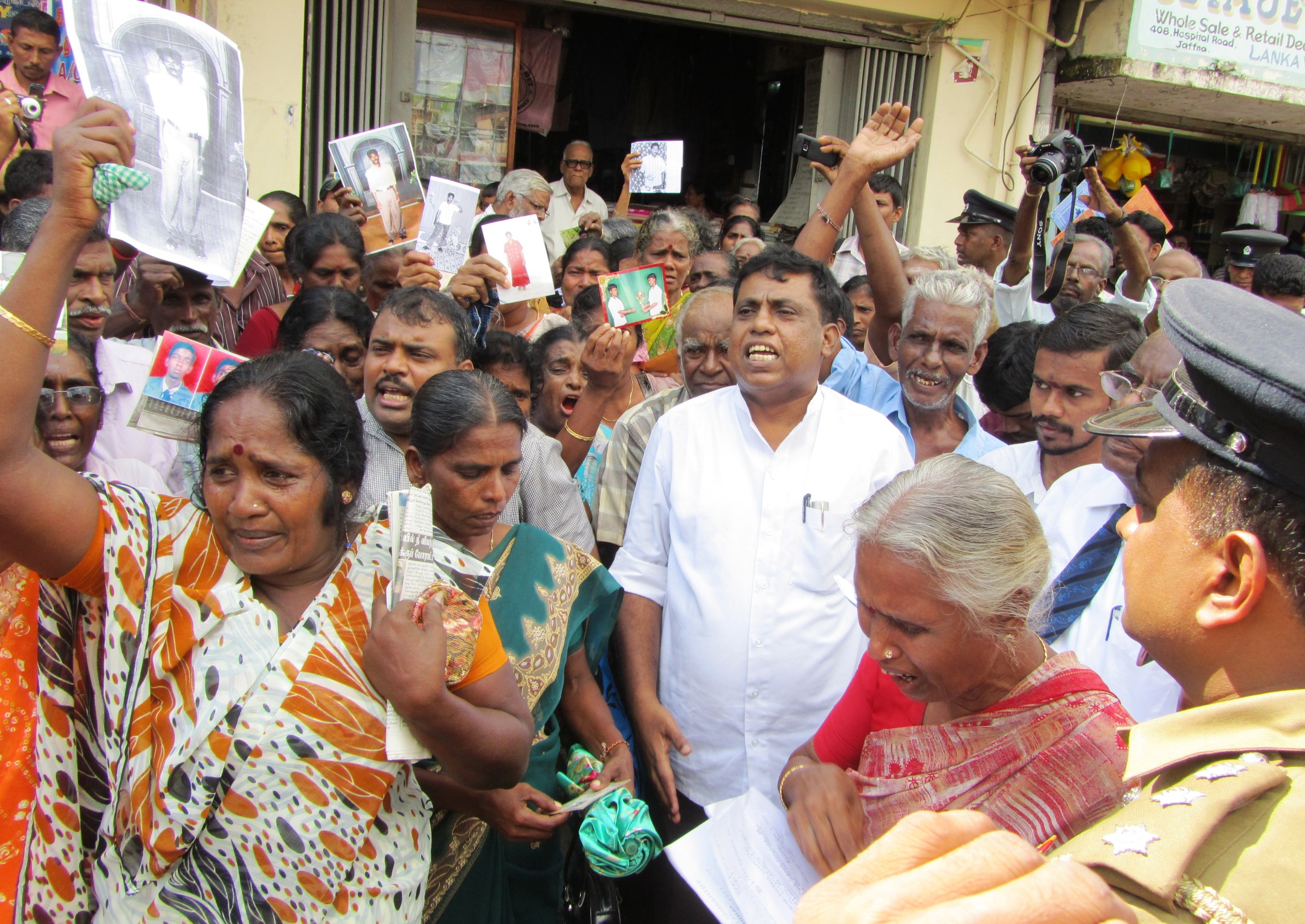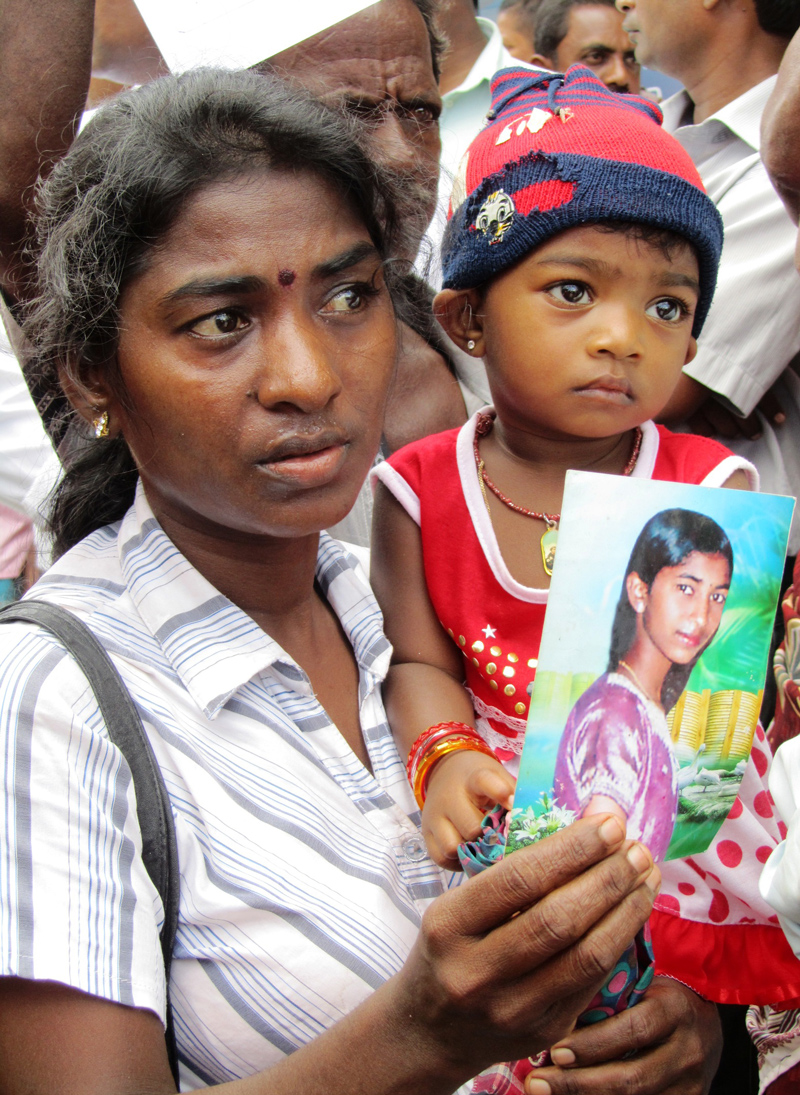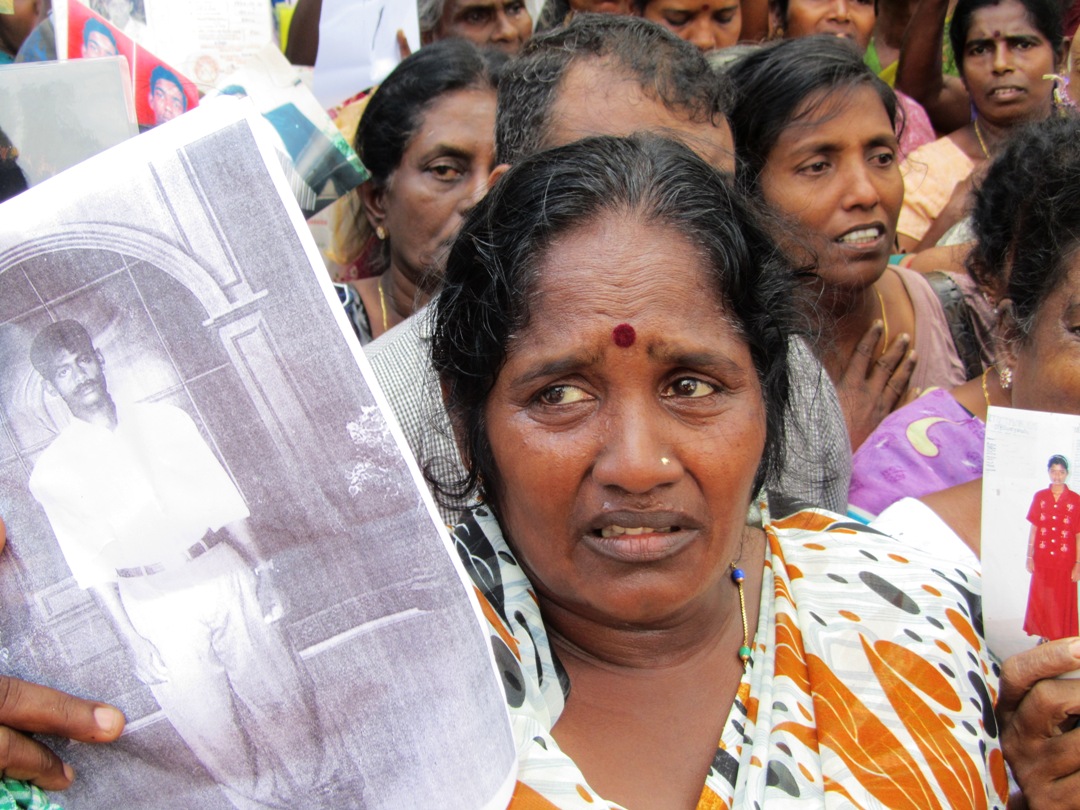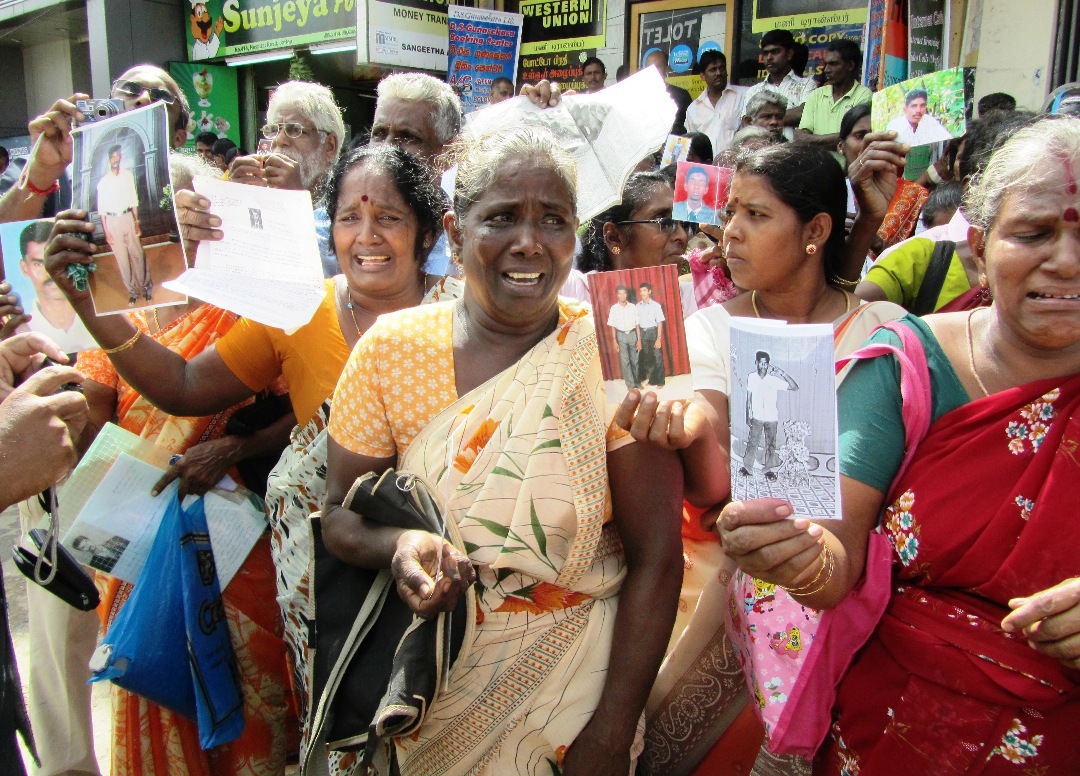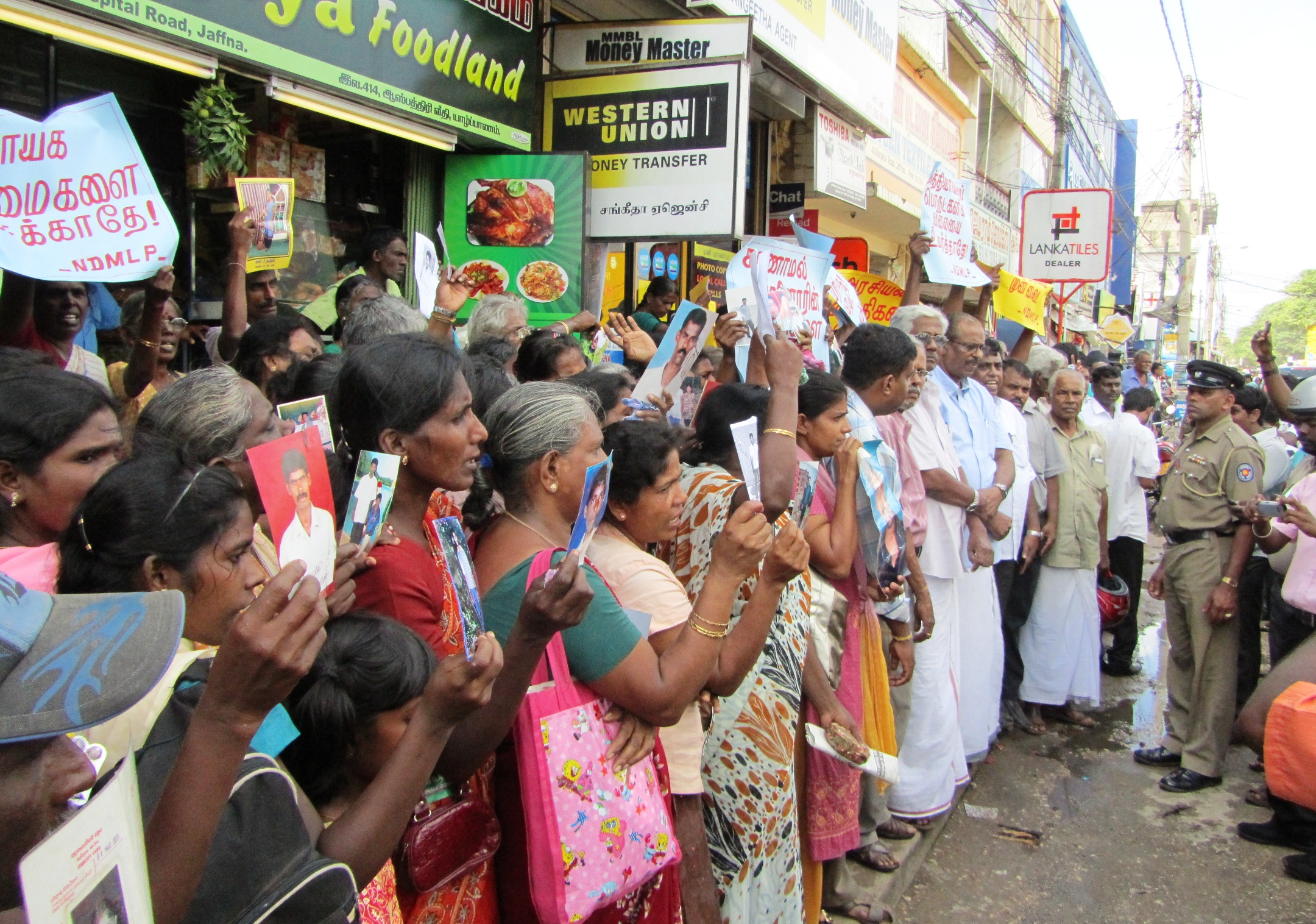A member of parliament from the main opposition UNP has spoken out against the proposed ban on the import of wheat.
Harsha de Silva said the government’s plan would mostly affect Tamils, as they were the highest consumers of wheat products on the island.
"The statement by the Prime Minister that wheat flour imports should be banned is an irresponsible statement and must be retracted," de Silva said.
"While it may be his choice to consume only rice, or he wishes more people in this country ate rice, he must be made aware that some people in Sri Lanka are totally dependent on wheat flour."
"Even though price of wheat flour doubled since then to close to Rs 85 a kilogram currently, the HIES for the year 2010 found that estate Tamil households consumption only fell marginally to 15.4 kilograms per month," de Silva said.
"The 2010 data, which covers the entire island, also show that the household wheat flour consumption in the Jaffna district was 19.3 kilograms per month while in Vavuniya it was 18.1 kilograms per month."
"Therefore, someone must explain to the Prime Minister that given the preference for wheat flour in their daily meal even at much higher prices, not only Tamils living on the estates but in the North as well continue to purchase significant amounts of wheat flour," de Silva said.
"This is because this segment of our population is used to, and simply enjoy, consuming rotti and other food prepared using wheat flour."
"Banning the import of wheat flour, or even increasing the taxes on wheat flour to very high levels, would exacerbate what in economics we call 'Horizontal Inequalities'," de Silva said.
"Simply put, the Prime Minister must be briefed that such a half-baked policy will have a significant negative impact on the Tamil people of this country just when policies must be designed to reduce such inequalities."
See related article:
SL Prime Minister calls for wheat and fruit import ban (07 Dec 2011)
Food for thought (04 Nov 2010)

